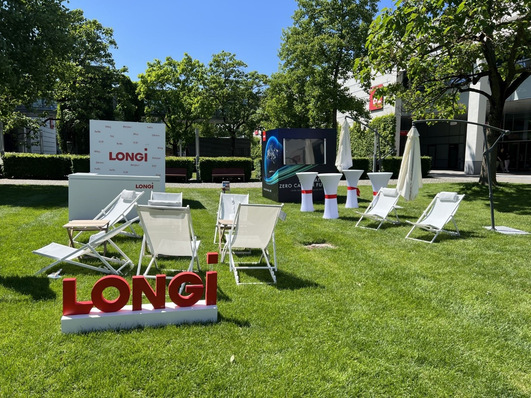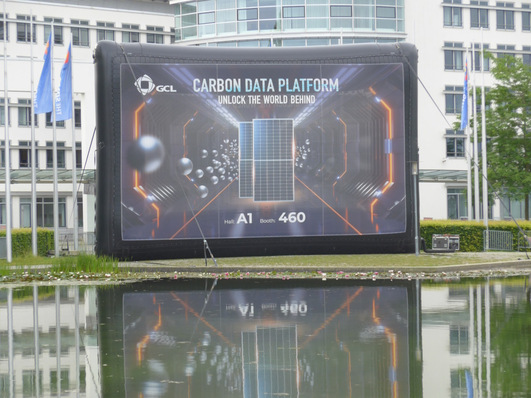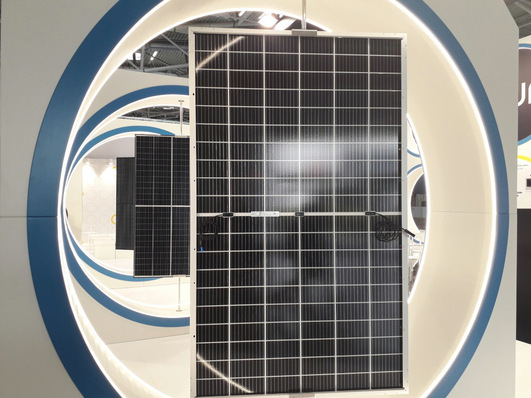In terms of the efficiency of solar modules, silicon is currently hard to beat. However, it has serious disadvantages: it is too rigid and heavy and difficult to recycle. Researchers at the Helmholtz Institute Erlangen-Nuremberg (HI ERN) in Germany are therefore pursuing a different approach: they want to conquer the market with organic photovoltaics (OPV).
The advantage of OPV: The modules can be flexible and also transparent, can be integrated into windows and facades, used indoors or as roofing in fields, for example in growing tunnels. They also have a much more favourable ecological footprint - the manufacturing processes are more environmentally friendly and the material is easier to recycle.
The weakness of the technology to date lies in its efficiency: while silicon modules already achieve efficiencies of over 20 per cent, just a few years ago researchers were still struggling to achieve double-digit results with OPV.
See also: Hering now becomes manufacturer of organic photovoltaic modules
It is therefore all the more pleasing to see that new records are gradually being set in this field: The team led by researcher Christoph Brabec has managed to boost efficiency to 14.46 per cent. (mfo)








